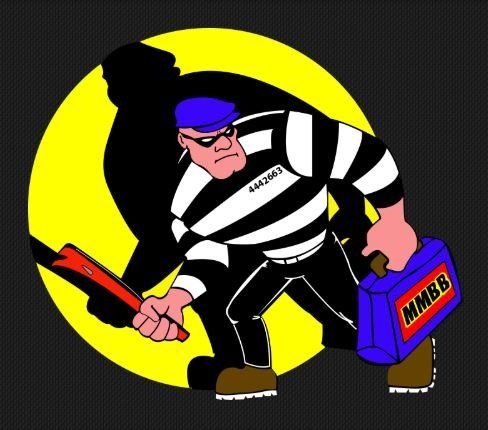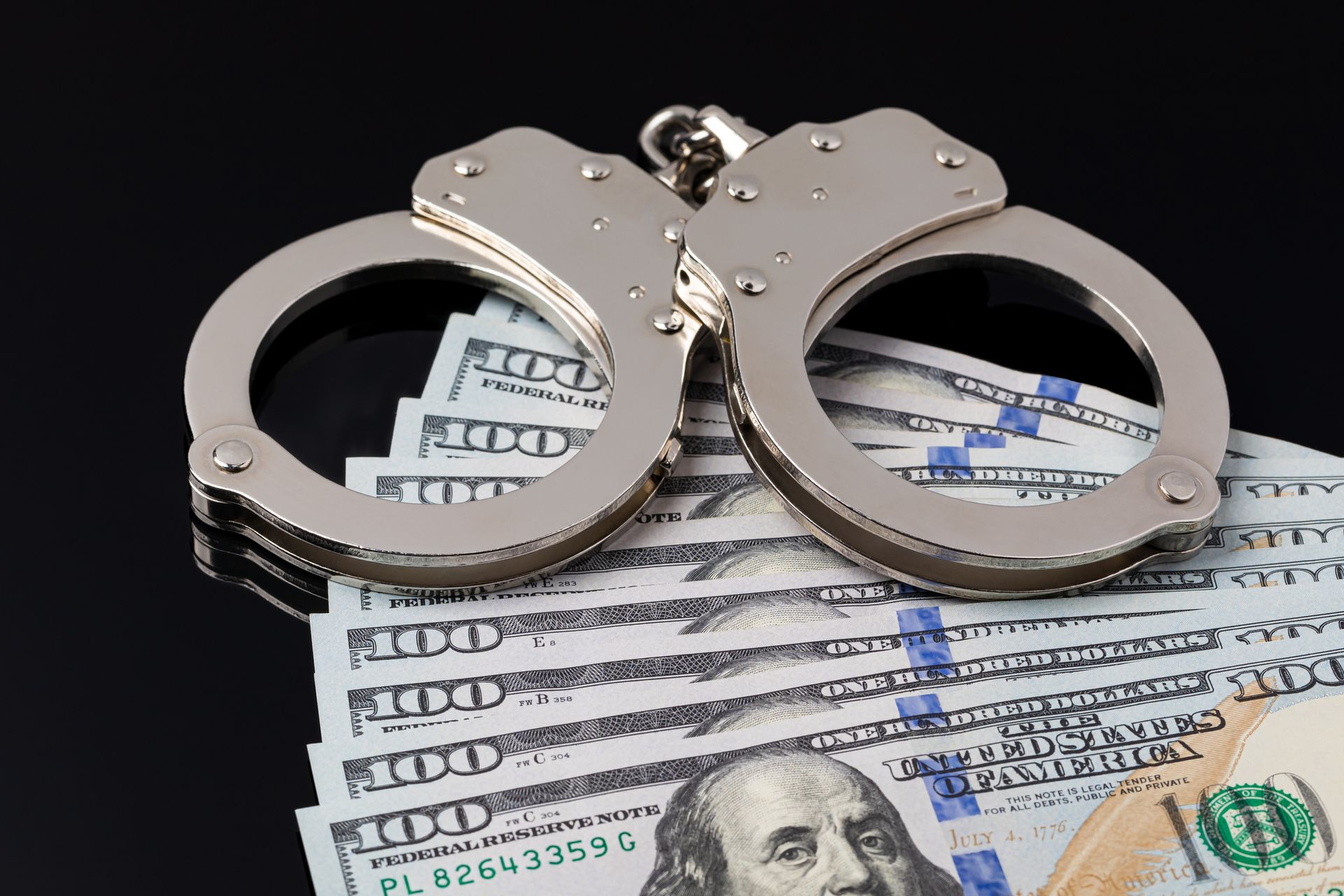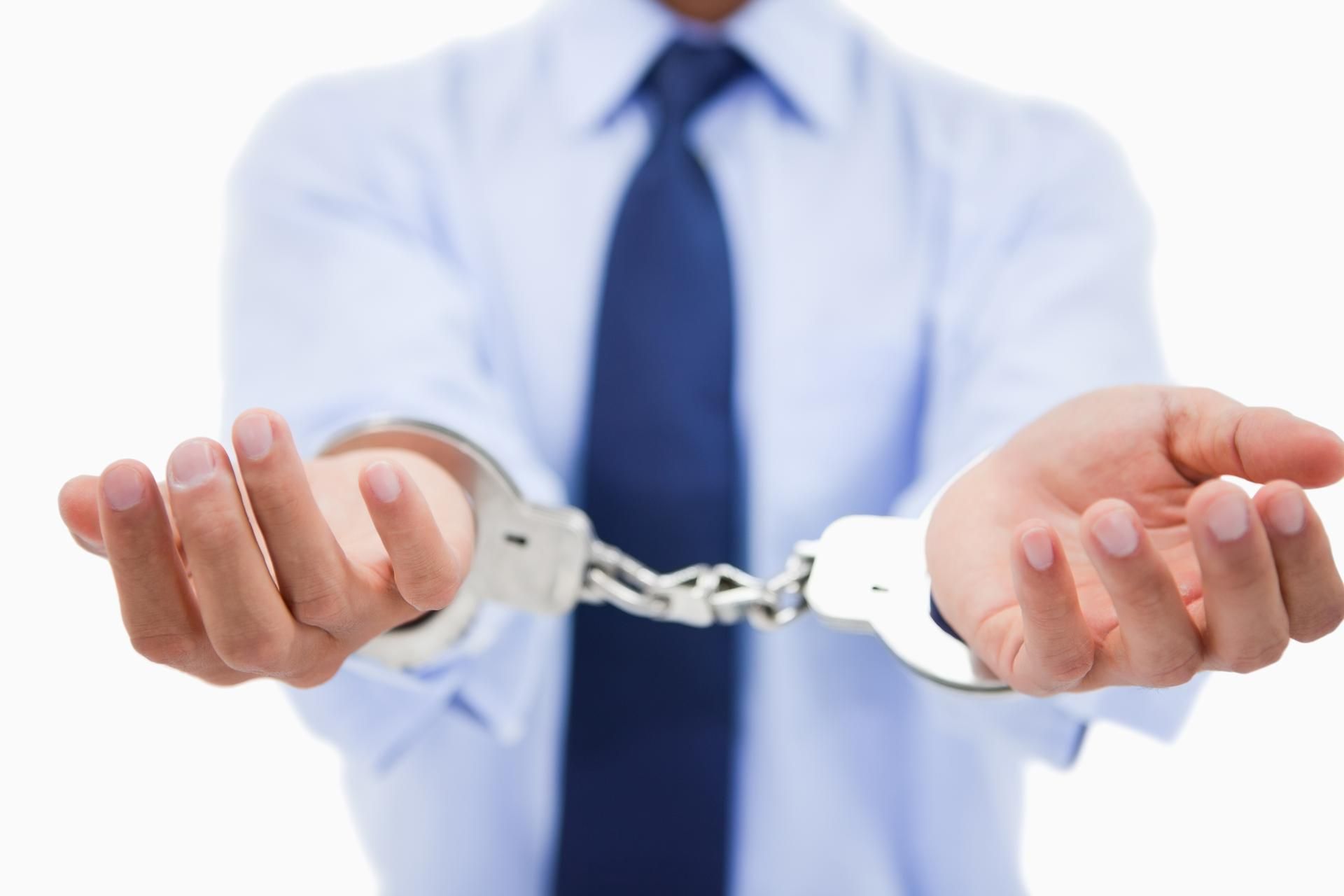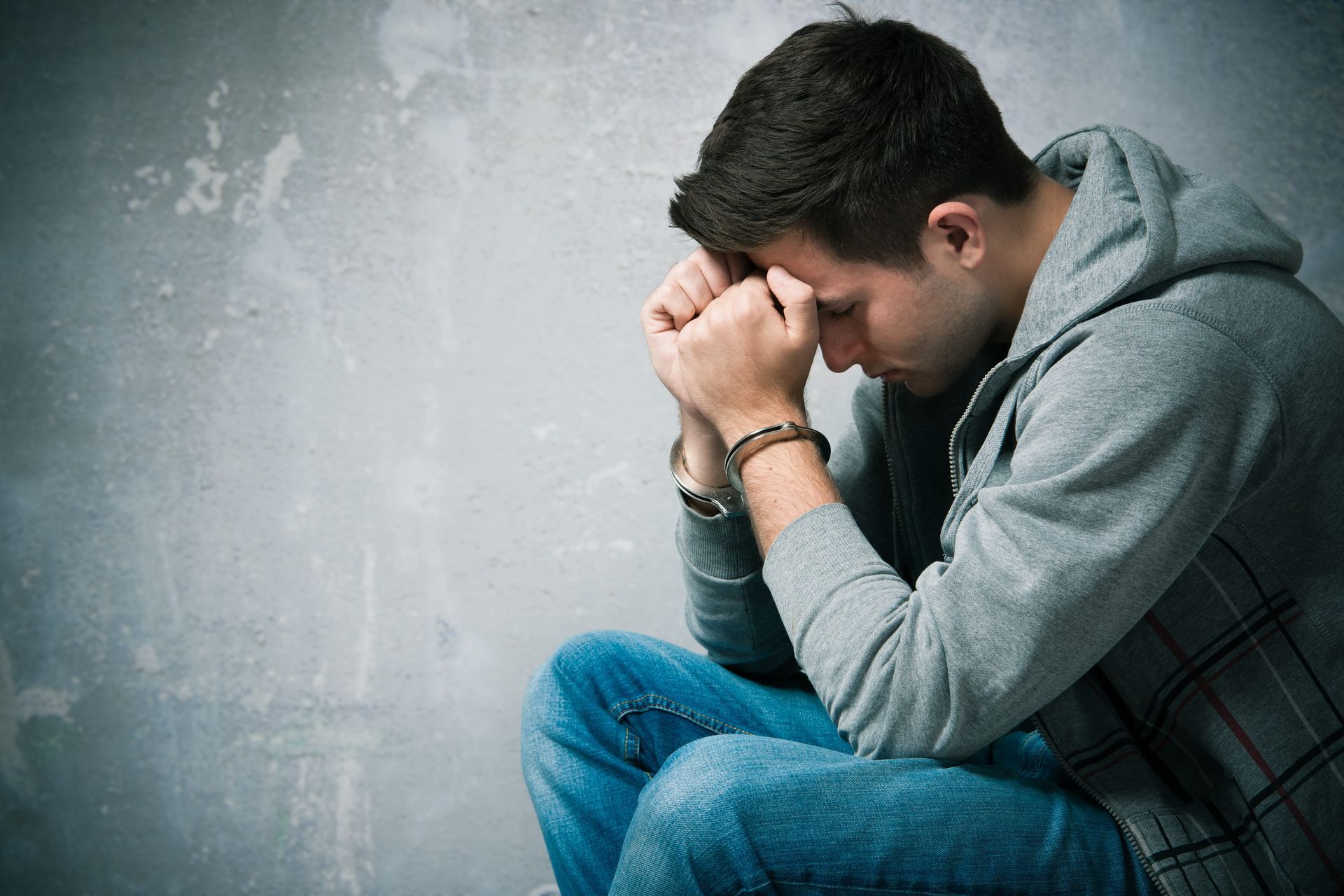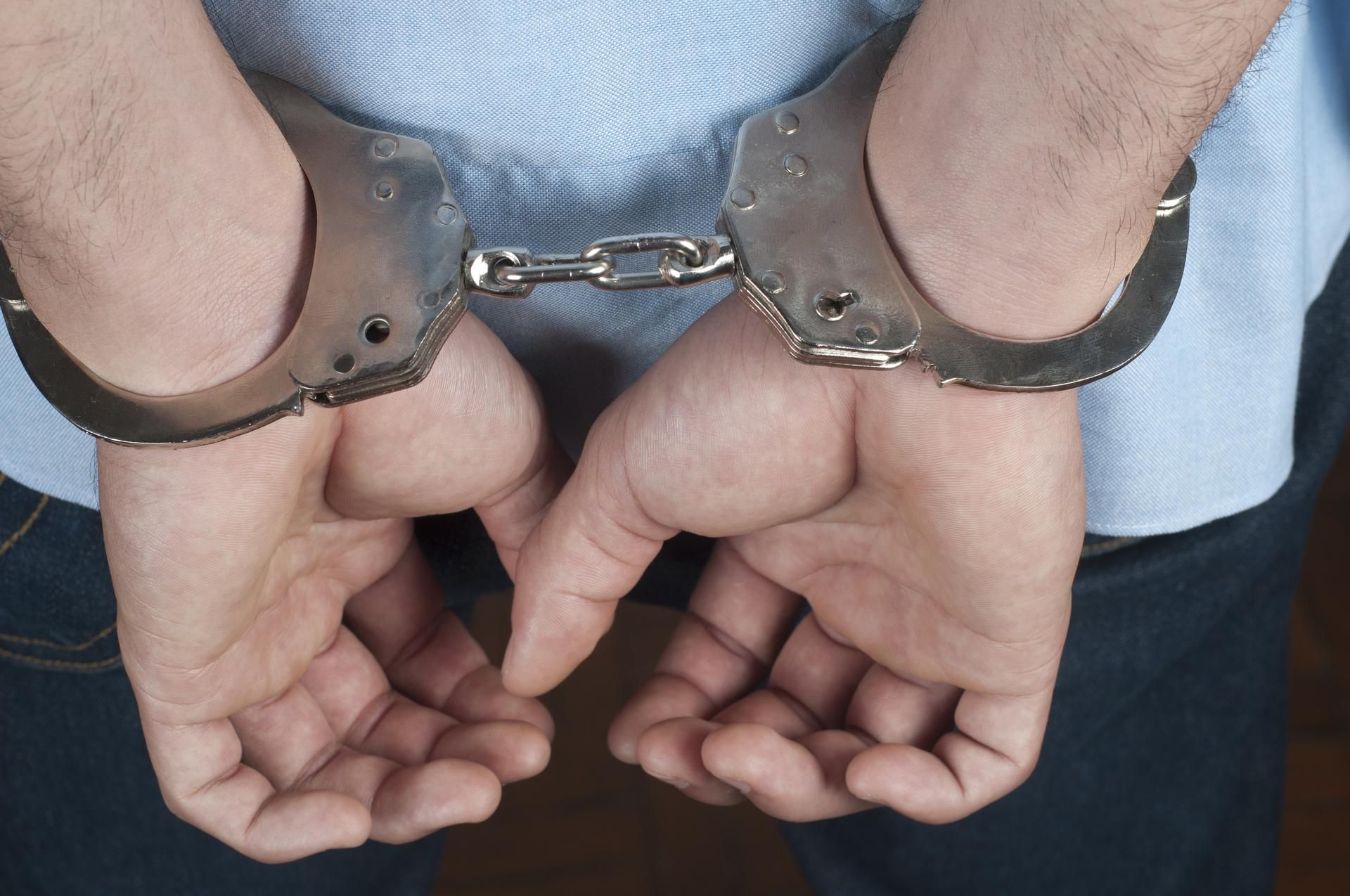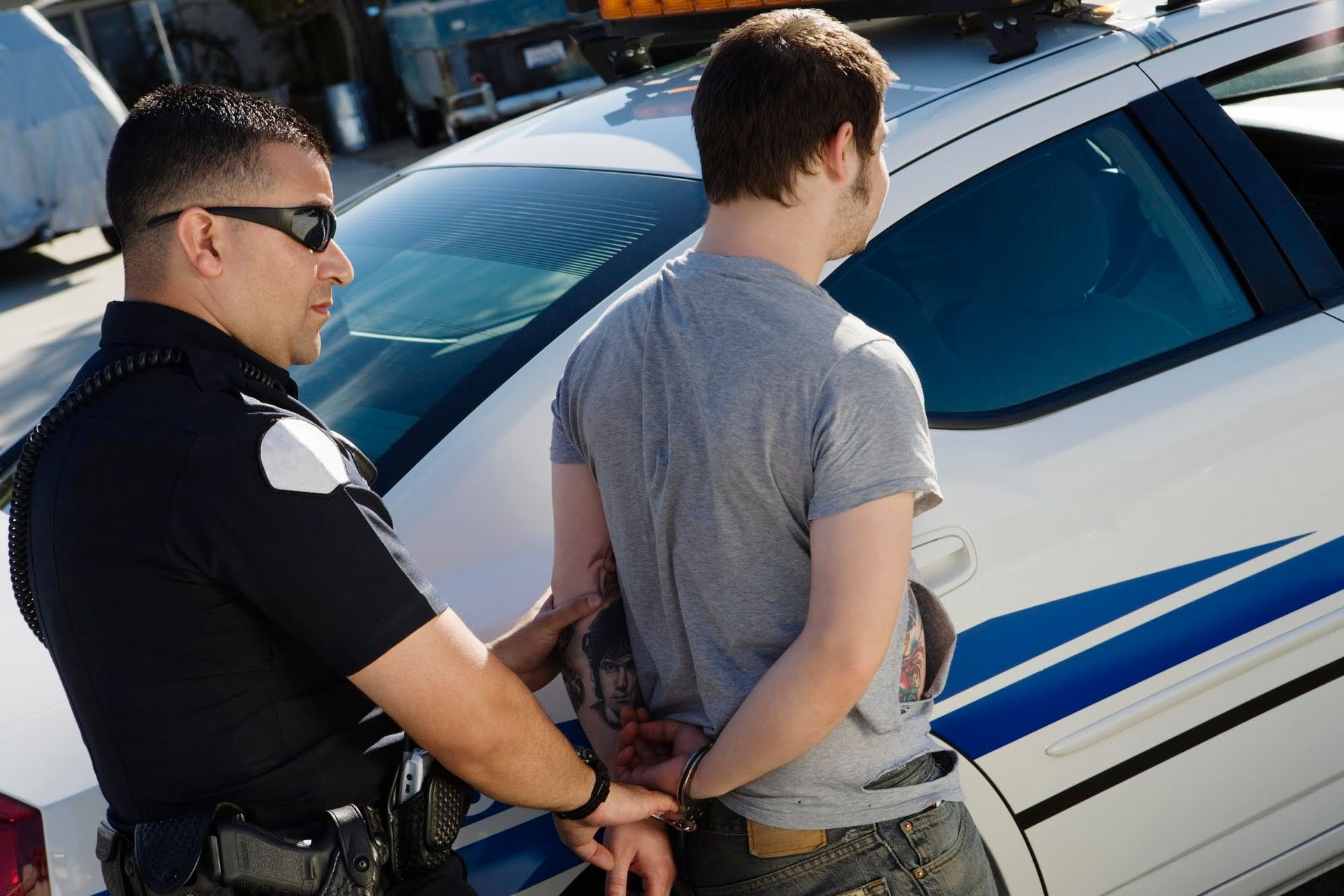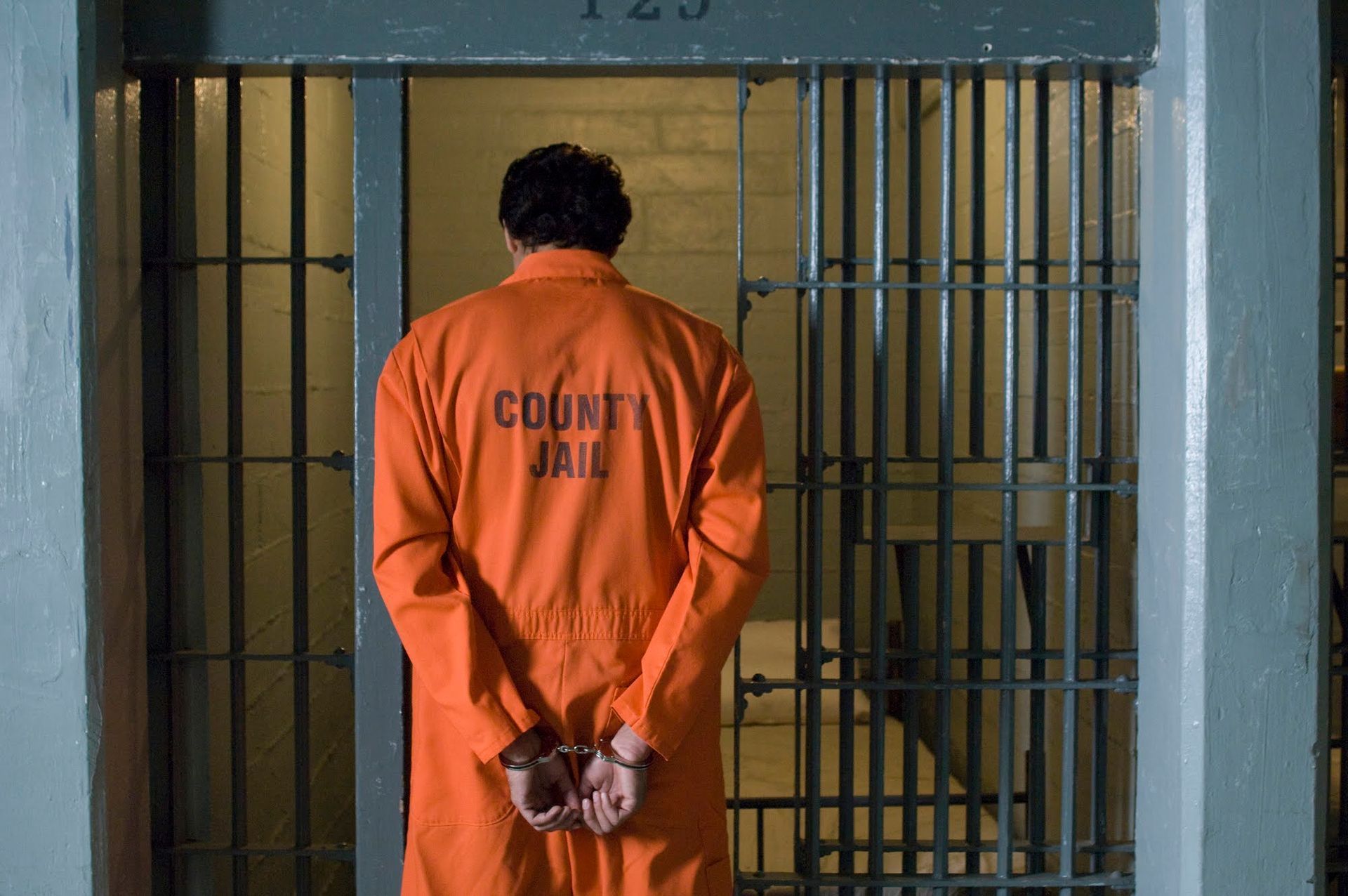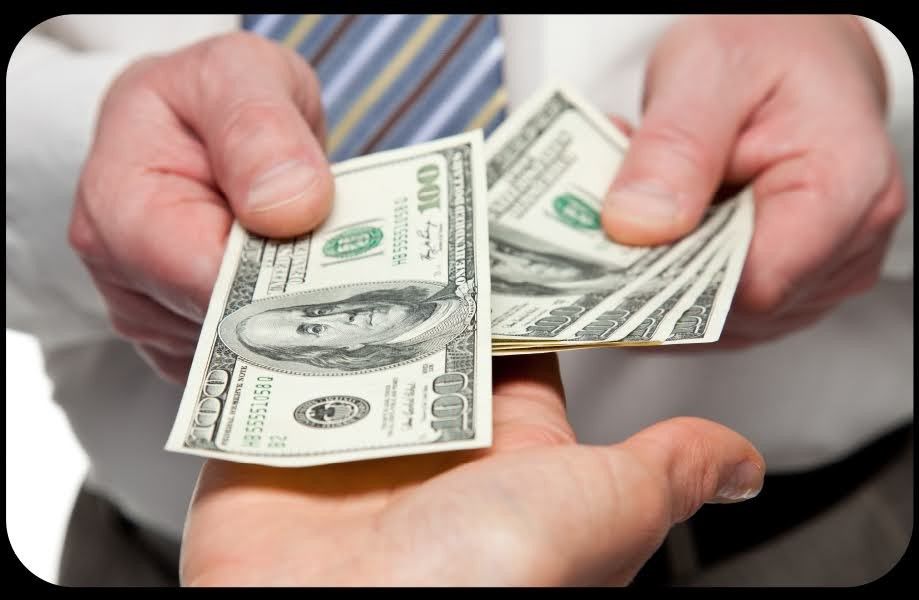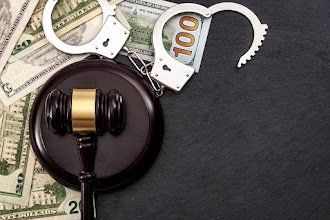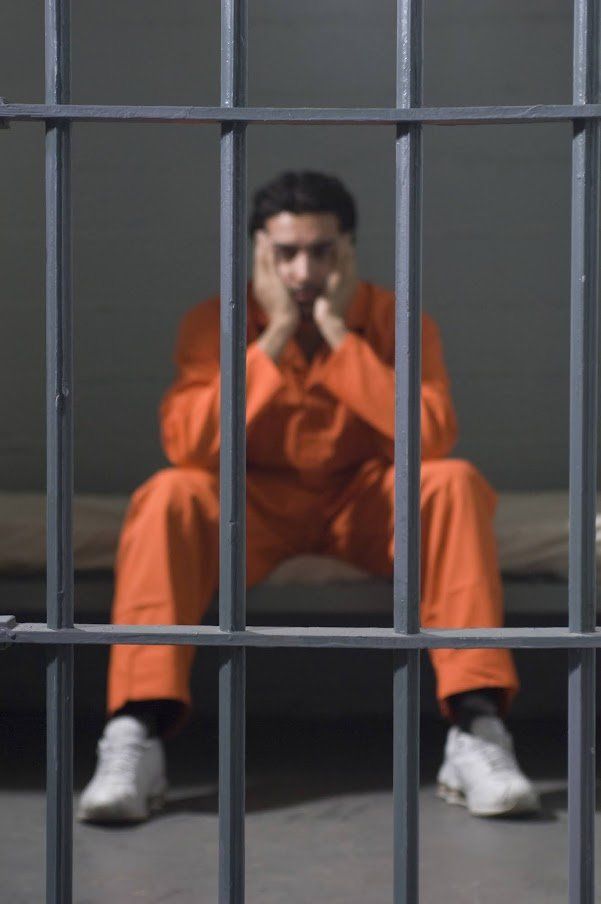The Who, How, and Why of Bail Amounts
Admin • August 3, 2020
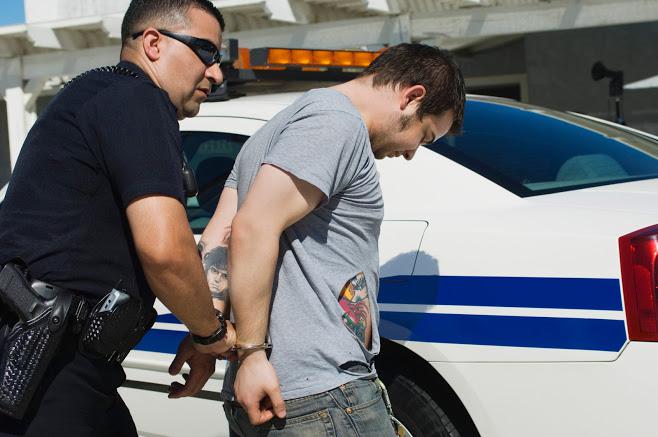
Bail is a sum of money paid to ensure you come to all your court dates. Bail amounts are determined based on the crime and the individual convicted and can range from less than $100 to $1,000,000.
Who Determines Bail?
Bail is set by a judge at the first court appearance after an arrest. However, their first declaration is not final. The convicted can ask for a lowered bail if they are unable to pay the amount, but it is up to the judge to decide whether to honor the request.
Bail can also be set by county. These are called bail or bond schedules and are set bail amounts based on crimes. For example, Florida's Manatee County bond schedule is as follows:
- $120 for a second-degree misdemeanor or ordinance violation
- $500 for a first-degree misdemeanor
- $1,500 for a third-degree felony
- $7,500 for a second-degree felony
- $20,000 for a first-degree felony
These amounts are non-negotiable, but a set schedule allows you to post bail quickly without waiting for a judge. Bail schedules vary based on county, so be sure to look up the bail schedule for your area.
How Is Bail Determined?
Bail is determined based on a myriad of factors from the type of crime to the individual being convicted. The point of bail is to ensure the convicted shows up to court, so someone who is more of a flight risk will receive higher bail than someone with a job and strong ties to the community.
The Eighth Amendment states: "Excessive bail shall not be required, nor excessive fines imposed, nor cruel and unusual punishments inflicted."
Even so, bail can be as high as $1,000,000 in some situations. Judges will set such high bail to keep someone in jail until the trial is over, negating any risk of the convicted running and missing any court dates. The Supreme Court voted pretrial detention based on dangerousness constitutional in 1987, meaning, despite what the Eighth Amendment says, this practice is perfectly legal.
Judges can also use an algorithm to decide how much of a risk somebody is. Based on select information, the convicted will receive a score that will influence their bail amount. The algorithm assesses both the risk of missing court dates as well as the risk of the convicted committing another crime while out on bail.
Some people can be released without bail, or released on their own recognizance. Instead of posting bail, the convicted must simply sign a document promising to show up to court. Typically, people who are released without bail meet the following conditions:
- Having family that lives locally
- Having resided in the community for many years
- Having a job
- Having little or no past criminal record
- Having shown up to court on time for previous convictions
Why Is My Bail So Expensive?
Police usually arrest suspects for the highest offense possible, which makes bail significantly more expensive. For example, if caught in possession of illegal drugs, the suspect may be arrested with intent to distribute, which is a more serious crime. Though a felony may be reduced to a misdemeanor later in the trial, bail will be posted for the larger crime.
As stated before, bail is also determined based on individual factors. If you or a loved one is a flight risk, then they will have higher bail than someone with close ties to the community who has no reason to leave.
At Matt Mckeehan Bail Bonds, we strive to provide our customers with fast, friendly, and knowledgeable service. We specialize in the difficult bail bonds most companies balk at. Our office has 8 bail agents and 7 bond clerks providing you with 24-hour service, 365 days a year.
